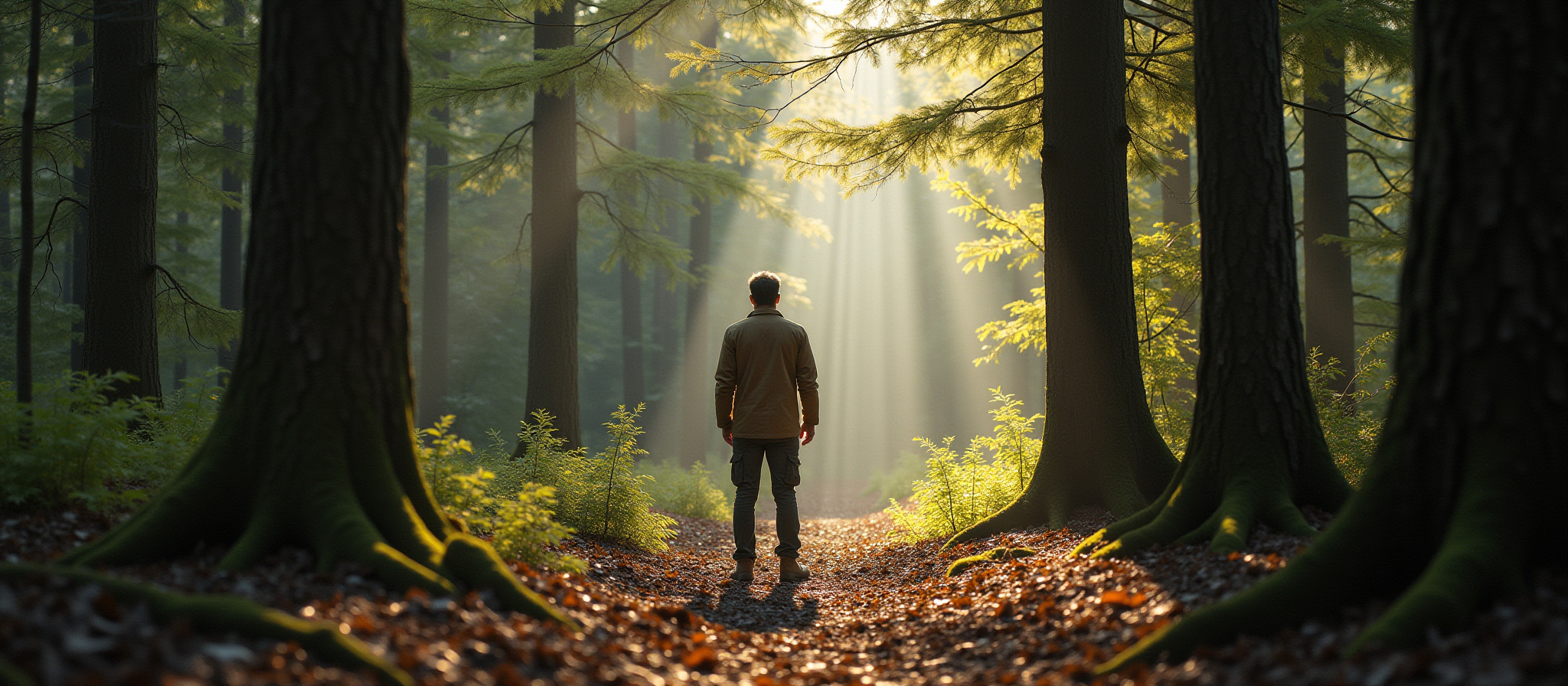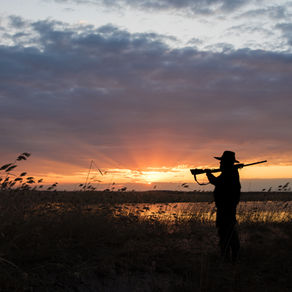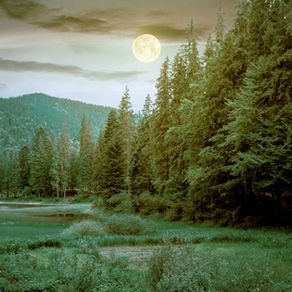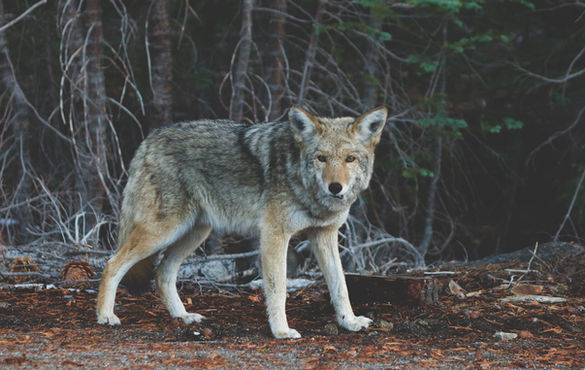🌲 Why Sound Woodland Management Matters—Now More Than Ever
If you own woodland in Connecticut, Rhode Island or Massachusetts you’re not just holding property. You’re stewarding a legacy.
Whether it’s a few acres behind your home or a hundred tucked into the hills, your forest is alive—with history, habitat, and potential. And how you manage it today will shape what it becomes tomorrow.
🧭 What Is “Sound Woodland Management”?
Sound woodland management means making thoughtful, informed decisions about your forest—balancing ecological health, wildlife habitat, timber value, recreation, and long-term sustainability. It’s not about doing everything at once. It’s about doing the right things at the right time.
Here’s what that looks like in practice:
-
Creating a Forest Management Plan
A written plan tailored to your goals—whether that’s wildlife, income, or legacy. It’s your roadmap. -
Thinning Overcrowded Stands
Selective harvesting improves forest health, reduces fire risk, and boosts growth of valuable trees. -
Protecting Water Resources
Forest buffers around streams and wetlands help filter runoff and support aquatic life. -
Encouraging Native Species
Managing invasive plants and promoting native trees and understory plants keeps your woods resilient. -
Enhancing Wildlife Habitat
From songbirds to deer, thoughtful management creates diverse habitats for a range of species.
🌳 Why It Matters
Forests in the Northeast are mostly privately owned—over 70%. That means landowners like you hold the key to our state’s ecological future.
-
Climate Resilience: Healthy forests store carbon, regulate temperature, and buffer extreme weather.
-
Biodiversity: Managed woodlands support rare species and prevent habitat loss.
-
Economic Value: Timber, maple syrup, firewood, and recreation can all be part of a sustainable income stream.
-
Legacy: Your forest can be a gift to future generations—if it’s cared for wisely.
🛠️ Common Misconceptions
Let’s clear up a few myths:
MythReality
“Leaving it alone is best.”Passive neglect often leads to overcrowding, disease, and invasive takeover.
“Harvesting is harmful.”Responsible harvesting improves forest health and can support your goals.
“It’s too expensive.”Many programs offer cost-sharing, tax benefits, and free consultations.
🤝 You Don’t Have to Go It Alone
We work with landowners every day to help them understand their woods, clarify their goals, and take meaningful steps toward stewardship. Whether you’re curious, overwhelmed, or ready to act—we're here to help.
Let’s walk your land together. Let’s talk about what’s possible.
Because your forest isn’t just trees—it’s a living system, a legacy, and a story worth telling well.
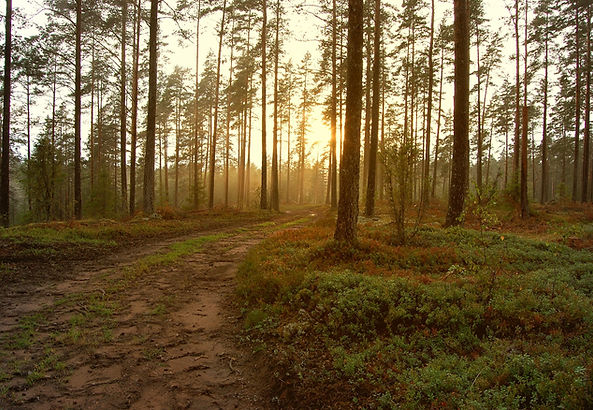

Heritage

🌎 Why It Matters Now
In an era of climate uncertainty, Connecticut’s forestry legacy offers more than nostalgia—it offers a blueprint. The principles born here—sustainability, science-based management, and public-private collaboration—are more relevant than ever.
Whether you're a landowner stewarding your woods, a student studying forest ecology, or simply someone who finds peace in the shade of a sugar maple, you’re part of a story that began in Connecticut and continues to shape the nation.
Silviculture
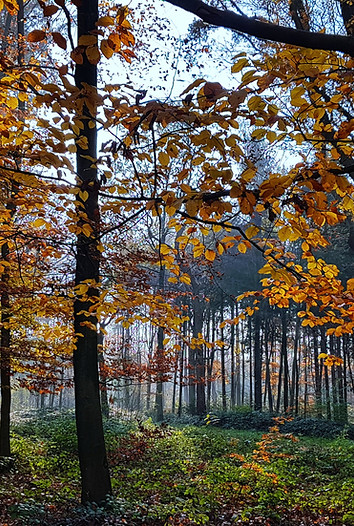
🌲 Silviculture:
The Quiet Force Behind Thriving Forests
Silviculture isn’t just tree farming—it’s the art and science of shaping forests to serve ecological, economic, and cultural goals. From regenerating oak stands in Connecticut to balancing timber harvests with wildlife habitat, it’s the strategic backbone of sustainable forest management.
Whether you're a landowner, forester, or nature lover, this article dives into how silviculture blends biology, ecology, and economics to grow forests that are resilient, productive, and beautiful.
👉 Discover the systems, principles, and real-world examples that make silviculture essential to forest stewardship.
Read the full post to see how science meets soul in the woods.
Stewardship

🌲 Why Landowners Hold the Key to a Thriving Future
In a world that often moves too fast, land remains one of the few things that still listens. It holds stories, shelters life, and offers a legacy that stretches beyond our own lifetimes. For landowners, stewardship isn’t just a responsibility—it’s a quiet power. One that shapes ecosystems, communities, and futures.
Education

🌿 From Ownership to Stewardship
Education transforms landowners into stewards—people who don’t just own the land, but care for it with intention. Whether you're managing 5 acres or 500, the journey begins with curiosity and commitment.
And the best part? You don’t have to go it alone. Foresters, conservation districts, extension services, and peer networks are ready to help.
Legacy
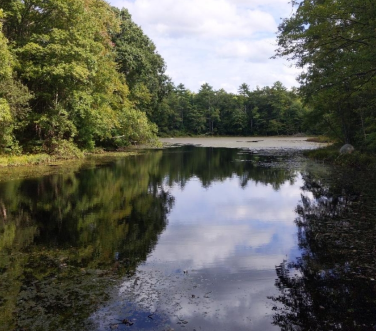
🌲 What if your land could speak—and you were missing its most important chapters?
Explore the deeper meaning of legacy for landowners, through the story of a man who inherited a forest and learned that love alone isn’t enough. Discover why stewardship is the true language of the land, how your choices today shape tomorrow’s ecosystem, and what it really means to leave behind more than just acres. If you’ve ever felt the quiet pull of your woods, this is the invitation to become not just an owner—but a storyteller of place.
Coming Events

🌲 Middleborough Hosts the 2025 Massachusetts Town Forest Conference! 🌲
Sustaining Our Landscapes: Farms, Forests, & Cranberry Bogs
Date: Saturday, October 4, 2025
Location: Middleborough, MA
Admission: Free
Join us for a day of learning, connection, and exploration focused on sustaining our landscapes through thoughtful forest stewardship. The conference will feature guided tours and conversations with forestry experts, conservationists, and local leaders.
What to Expect
-
📣 Keynote — History of Middleborough & the Frederick Weston Memorial Forest
-
🤝 Networking — Meet foresters, landowners, and conservation leaders
-
🍴 Free lunch & refreshments included with registration
-
🌳 Field tours — Farms, cranberry bogs, and managed forests
-
🌱 Practical stewardship tips for small woodlots and working lands
-
🗣 CEUs issued (DCR)
